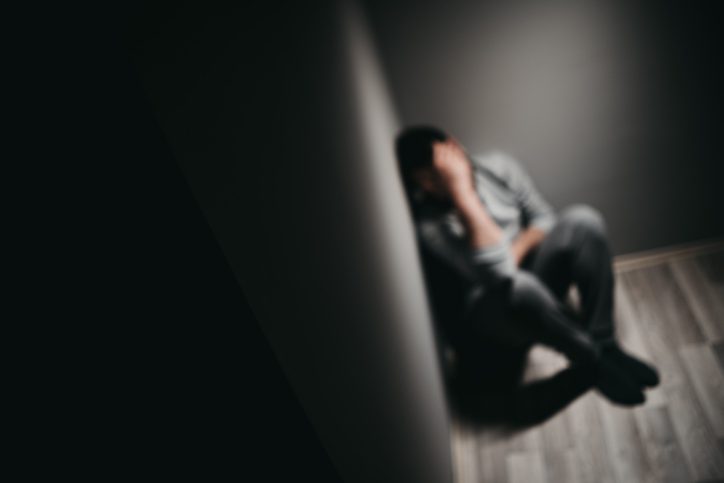Alcohol and drug addiction relapse occurs when a person is no longer meeting their goal of avoiding substance use after they have stopped for some time. Relapse is not failure, and it can occur more than once. Understanding why it happens may help some people to avoid relapsing repeatedly.
Understand What Relapse Is
As noted by the National Institute on Drug Abuse, addiction relapse is not uncommon, occurring in 40 to 60 percent of cases. When a person stops using drugs and alcohol, they break their physical and mental dependence on the substance to some degree. But if they do not fully work through the underlying causes that led to the addiction, they will be at a higher risk for relapse.
Even in the best of situations, relapse is always a risk factor for a person with addiction. That’s not their fault. Powerful cravings can appear at any time, and it takes good physical and mental health and a strong support system to combat them successfully.
Reasons Why Addiction Relapse Occurs
Addiction is a chronic disease, which means it may worsen in some situations. The best way to avoid relapse is to understand what your risks are for it and then take steps to minimize those risks. Here are some of the most common causes of relapse.
#1: Withdrawal symptoms
During the first few weeks of non-use, a person is at a high risk of relapse because of the withdrawal symptoms and cravings they have. If you are not in a professional medical detox program, you may struggle to stop using on your own because these symptoms are so intense.
#2: Mental health disorders
During alcohol and drug treatment, you will be assessed for underlying mental health disorders like depression, anxiety, and bipolar disorder. Post-traumatic stress disorder may also apply. Treatment of these conditions at the same time as receiving addiction treatment is critical to avoiding relapse later. Continued therapy and, in some cases, medication may also be required after addiction treatment ends. If your mental health symptoms return, you may turn to substances to control them, causing relapse.
#3: Lack of control over stress
There’s no way to remove all stress from a person’s life. However, developing effective stress management techniques and working with a therapist to manage what you’re facing can help you gain more control over stress. You’ll know what to do when life is stressful, how to control negative and often inaccurate thoughts, and how to create a successful path forward that doesn’t require the use of drugs or alcohol.
#4: People or places associated with using substances
Being around people who you used to use drugs with or visiting locations where you used to spend time with those individuals can put you at risk for relapse. What’s most important in these situations is to not look back on those times as “good times.” When you do, your brain starts to reconnect that past pleasure with the use of substances. That puts you at a higher risk for relapsing.
#5: Exposure to substances
Going to stores, restaurants, bars, or clubs where you used to procure substances puts you at a higher risk of relapse. While you may feel the urge to return from time to time, it’s best to avoid these places altogether, especially during that first year of sobriety. The smallest memories or feelings can trigger the desire to use again, making recovery more difficult.
#6: Lack of self-care
Taking care of yourself is a vital component of the alcohol and drug addiction treatment process. It is necessary to invest in comprehensive self-care, such as getting enough sleep, eating healthy meals, getting in daily exercise, and connecting with a social network on a routine basis. You need to be aware of your mental, physical, and emotional states to ensure your health is well cared for through recovery.
#7: Overconfidence
Some people relapse because they are overconfident and put themselves in high-risk situations. You may go to the bars with friends or hang out with people that you used to smoke with on a regular basis. You may even find yourself engaging in risky behavior because you’re chasing the high of it. These are risk factors for relapse.
What to Do If You’re at Risk for Relapse
As you face the thoughts of using again, recognize that it’s time to get back into therapy to create a stronger, more successful journey through recovery. As soon as you think you’re at risk, contact a treatment facility like The Ranch at Dove Tree for help. Seek out your current support team if you have one. Go to a meeting. Don’t ignore the thoughts of using drugs or alcohol again.












